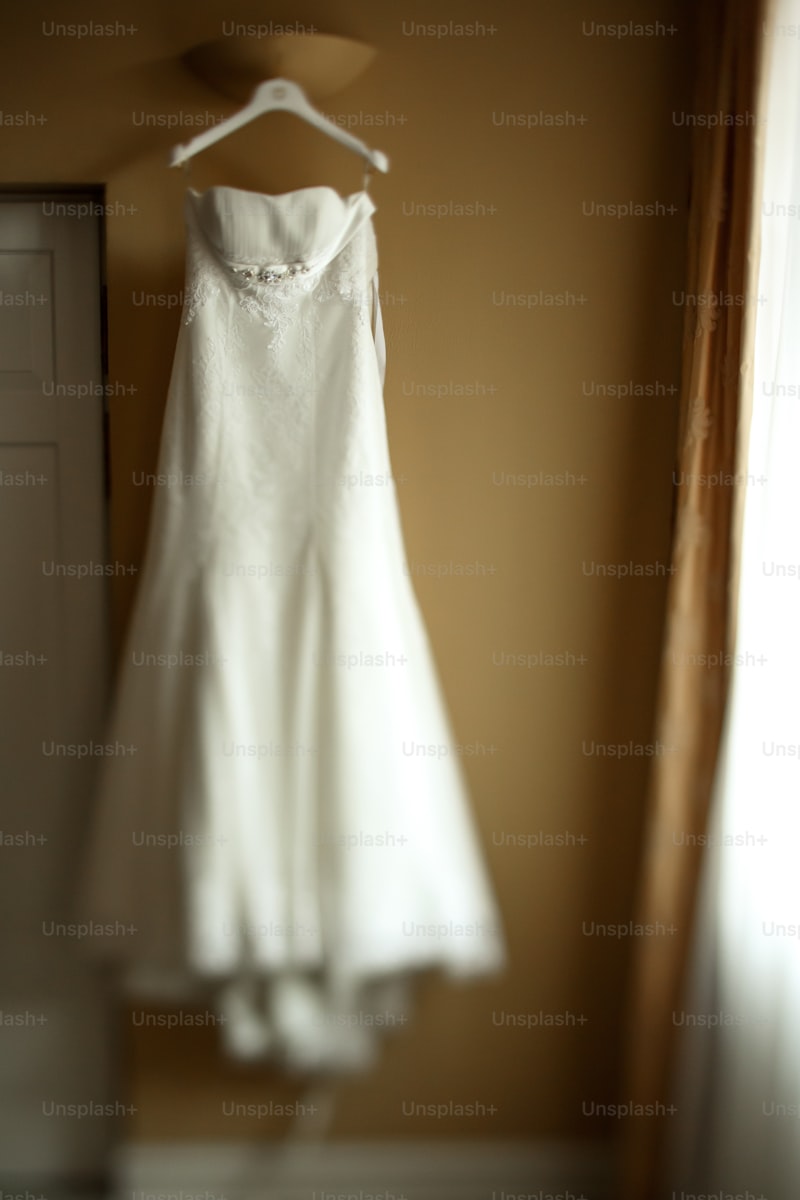Embracing Conscious Consumerism in Wedding Dresses: A Sustainable Approach to Bridal Fashion
Understanding Conscious Consumerism in Wedding Dress Choices
In recent years, the wedding industry has seen a significant shift towards sustainable practices, and one of the most impactful trends is conscious consumerism in wedding dresses. This concept revolves around making thoughtful, informed purchasing decisions that not only reflect personal values but also promote environmental and social responsibility. As couples increasingly seek to align their wedding choices with their ethical beliefs, understanding conscious consumerism in wedding dresses becomes essential.
The Importance of Conscious Consumerism
Conscious consumerism entails being aware of the social, environmental, and economic implications of our purchases. For wedding dresses, this can mean selecting gowns made from sustainable materials, supporting local artisans, or choosing second-hand options. The statistics are on the rise: studies show that over 60% of brides now consider sustainability when selecting their wedding attire. This statistic highlights a growing demographic of eco-conscious couples who are shaping the future of bridal fashion.
| Factors Influencing Conscious Consumerism |
| 1. Eco-friendly Materials |
| 2. Ethical Labor Practices |
| 3. Vintage and Second-hand Options |
| 4. Local Production |
| 5. Customizable Options to Reduce Waste |
Key Factors to Consider in Sustainable Wedding Dress Choices
1. Eco-friendly Materials
One of the foremost aspects of conscious consumerism is the material from which the wedding dress is made. Brides can choose from a variety of sustainable fabrics such as organic cotton, hemp, linen, and Tencel. These materials are produced with minimal environmental impact and are often biodegradable.
2. Ethical Labor Practices
Beyond just materials, the manufacturing process of wedding dresses is crucial to conscious consumerism. Many brands are now emphasizing ethical labor practices, ensuring that workers are paid fair wages and work in safe conditions. This kind of transparency is appealing to socially conscious couples who prioritize ethics in their purchasing decisions.
3. Vintage and Second-hand Options
Purchasing second-hand or vintage wedding dresses is an excellent way to minimize waste and make a unique statement on your special day. Many brides find stunning gowns from past decades, which adds character and story to their wedding attire. Online marketplaces, thrift stores, and specialized bridal boutiques offering pre-loved dresses provide plenty of options.
4. Local Production
Supporting local designers and artisans not only boosts the local economy but also reduces the carbon footprint associated with shipping and transportation. By opting for locally made wedding dresses, couples can achieve a unique look while contributing positively to their community.
5. Customizable Options to Reduce Waste
Custom wedding dresses allow brides to create a unique piece that fits their style and body perfectly. Many designers offer customizable options that can reduce fabric waste. This approach can also mean opting for modular pieces that can be altered or reused in the future.

How to Navigate the Process of Choosing a Sustainable Wedding Dress
The journey to selecting a wedding dress that embodies conscious consumerism can be both exciting and overwhelming. Here are some tips to help you along the way:
1. Research Brands
Spend time researching bridal brands that align with your values. Look for certifications, like Fair Trade or GOTS (Global Organic Textile Standard), which indicate a commitment to sustainability. Many brands now feature their sustainability initiatives on their websites, making it easier for you to make informed choices.
2. Set a Budget
While conscious consumerism often evokes a perception of higher costs, it’s essential to set a realistic budget. With the rising number of sustainable bridal boutiques and second-hand shops, you can find options that fit your budget without compromising your values.
3. Consider Rental Options
Rental services for wedding dresses are becoming increasingly popular. Many brides are now opting to rent their gowns for their special day. This choice significantly reduces waste, while also providing access to high-end designer dresses that may otherwise be out of budget.
4. Think About Longevity
Choose a dress that can be worn beyond the wedding day. Whether it’s having a detachable skirt or opting for a simpler design that can be repurposed, considering the longevity of your wedding dress is a key aspect of conscious consumerism.
Challenges in Adopting Conscious Consumerism
While the movement towards conscious consumerism in wedding dresses offers numerous benefits, there are challenges that couples may face:
1. Limited Availability
In certain regions, it may be difficult to find local designers or sustainable options. It’s essential to be proactive and seek out ethical brands, even if it means exploring online platforms or traveling a distance.
2. Accessibility
Sustainable wedding dresses can sometimes carry a higher price tag, limiting accessibility for some couples. However, as demand grows, more affordable sustainable options are emerging, and community initiatives may offer resources for couples on a limited budget.
3. Education and Awareness
Many consumers still lack awareness about the importance of sustainable fashion. Advocating for conscious consumerism and educating others about the impact of the fashion industry can create change at a larger scale.
Conclusion: The Future of Wedding Dresses and Consumer Responsibility
In conclusion, conscious consumerism is not just a trend; it’s a necessary shift in how we approach wedding dresses and fashion as a whole. By prioritizing sustainability, ethical labor practices, and reduced waste, couples can make informed decisions that reflect their values on one of the most important days of their lives. Wedding dresses no longer need to embody only tradition; they can also tell a story of responsibility and care for the planet.
As you embark on your wedding dress journey, keep in mind the importance of researching your options and supporting brands that align with your ideals. The future of bridal fashion is in your hands, and it can be beautiful and sustainable at the same time. Take the plunge into conscious consumerism, and you'll not only look stunning on your big day but also feel great about the choices you've made.